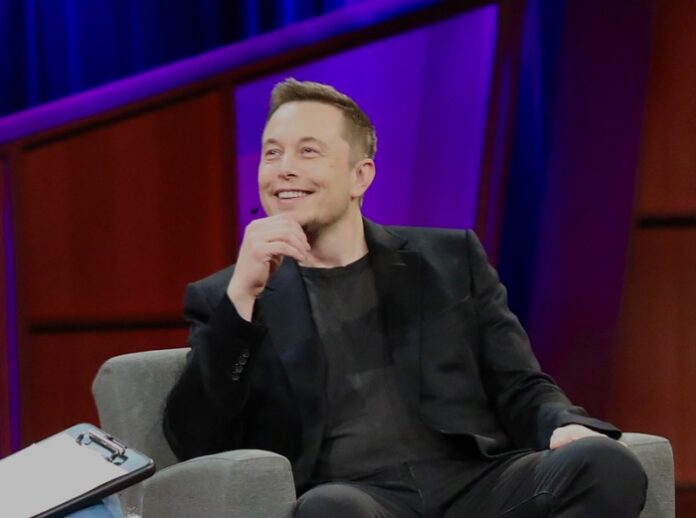
In music, one-hit wonders light up the record charts for a few weeks and then fall off the map forever. Some leave the business altogether, while others manage to have long, unglamorous careers as working musicians.
Things are murkier in the startup world, where one-exit wonders are super common. These folks found or get in on the ground floor of early-stage companies destined for big things. They scale those companies into enterprises worth tens or hundreds of millions, maybe billions. Eventually, they cash out via a private acquisition, IPO, or internal share sale.
Often, that exit leaves them with quite a bit of cash on hand. Some head right back into the trenches, betting that lightning strikes twice and they’ll multiply their already-considerable riches. Many advise younger founders. Most do early-stage investing as well.
Whatever they do, it’s surprisingly rare for these successful founders to find themselves in the driver’s seat of another rocket-ship startup. But some do.
Are they lucky, good, or both? Let’s take a look at four founders who made winning bets on at least two big tech trends and see what they have in common.
1. Jeff Bezos
Not long after EarthLink made the internet accessible and affordable for any American with a phone line, Jeff Bezos saw the opportunity that would make him (at one point) the world’s richest person. Amazon.com began humbly enough, as an online bookseller, but it quickly grew into the Western world’s biggest retailer.
As Amazon scaled, Bezos saw another opportunity, this time harnessing the excess processing power of Amazon’s massive server farms. Amazon Web Services, or AWS, was born; the brand is now Amazon’s biggest revenue engine.
Bezos wasn’t done. After stepping back from Amazon, he poured his soul into the emerging commercial spaceflight industry. His Blue Origin isn’t quite as well known as its chief rival, Elon Musk’s SpaceX, it’s built to last. Bezos was confident enough in its proprietary takeoff system to claim a seat on its first commercial flight to near-space.
2. Sky Dayton
Back in the early 1990s, Sky Dayton’s first attempt to access the nascent internet turned into an multiday ordeal. It was enough to convince him to launch a company to make it easy for anyone to get online.
That company became EarthLink, an independent dial-up provider that became one of the most successful tech companies of the pre-dotcom era (and a huge tailwind for the early internet economy).
After stepping back from day-to-day management of EarthLink, Dayton made another bet on the future of the internet. This time, it was WiFi; his Boingo became the undisputed leader in public WiFi service during the early 2000s.
Dayton went for a three-peat with a pre-iPhone smartphone play, called Helios. Like Blackberry and Palm, Helios missed the smartphone boom by this much, but it undeniably laid the groundwork for pocket-sized supercomputing.
3. Elon Musk
Elon Musk and Jeff Bezos have more in common than sharing the “richest person in the world” title at different times. They both made their first fortune off Web 1.0, albeit in different parts of the value chain. In Musk’s case, his breakthrough was digital payments; PayPal, which he helped build from the ground up, remains a leader in the space.
Musk turned his eye to an even grander goal toward the end of the 2000s: electrifying personal transportation. It was a long and winding road, but Tesla is now the world’s most valuable automaker. You probably know someone who drives one, if you don’t yourself.
Like Bezos, Musk was also a commercial spaceflight pioneer. His SpaceX now competes for U.S. government contracts with the likes of Lockheed Martin, Boeing, and General Dynamics, and it’s a major player in private satellite launches too. More than any other company, it’s responsible for bending the spaceflight cost curve down to the point where near-Earth colonization looks plausible.
4. Marc Andreessen
If you “surfed the Web” in its early days, you may also have Marc Andreessen to thank. Convinced that the internet was the future of information-sharing, Andreessen helped develop and launch Netscape, the first commercially successful Web browser. Parent company Mosaic’s 1995 IPO made him a multimillionaire before his 25th birthday.
Rather than fade into anonymity as a philanthropist, as many of his Web 1.0 compatriots did, Andreessen retooled as one of Silicon Valley’s most prolific investors. In 2009, Andreessen took what many fellow venture capitalists believed was a foolish bet on Skype, a low-cost voice-over-internet platform that hadn’t yet gained much traction in North America. He got the last laugh just two years later, when Microsoft purchased Skype for nearly four times what Andreessen paid for it. Today, Skype is recognized as the digital communications forerunner that spawned imitators like WhatsApp and Signal.
Lucky…or Good?
In moments of candor, most successful entrepreneurs admit that they wouldn’t be where they are without a fair bit of luck.
“Luck” might mean being born into family money, or meeting the right people in college, or simply being an early employee at a startup that hit the jackpot. Elon Musk grudgingly acknowledges that family wealth gave him an early edge; Mark Zuckerberg met Facebook’s earliest investors and key employees at Harvard.
But no one in their right mind argues that Musk and Zuckerberg aren’t also great at building companies. They’ve both proven their worth several times over. So while it might be better to be lucky than good, clearly it’s best to be both.
Find a Home-Based Business to Start-Up >>> Hundreds of Business Listings.













































